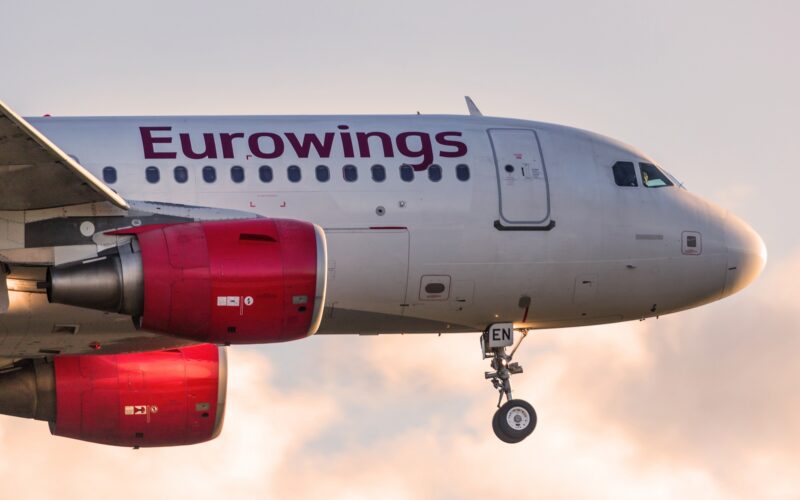Eurowings fined $225k after passengers stuck on plane for five hours

Airline Eurowings has been fined $225,000 by the Department of Transportation (DoT) after an international flight remained on the tarmac for more than four hours without providing passengers with an opportunity to deplane.
The incident happened on July 23, 2019, when Lufthansa-owned Eurowings flight EW1182 was traveling from Dusseldorf Airport (DUS) to Miami and was diverted to Fort Lauderdale-Hollywood International Airport (FLL) as a result of a weather-related closure at the destination airport.
According to the DoT investigation the Eurowings crew requested to let passengers off the flight shortly after landing at around 5.15pm and take them to the terminal on buses.
However, the US Customs and Border Patrol would only permit passengers to deplane if their checked luggage could also be offloaded.
At the time there were no ground handlers to assist so passengers were forced to stay on the plane.
At about 7.15pm, after two hours waiting in the plane at Fort Lauderdale, a crew of handlers were located to complete offloading luggage.
According to the DoT Eurowings declined the help hoping that the weather would clear at Miami and remained on the tarmac for the next three and a half hours.
At 10pm the crew was advised that Miami airport would remain closed due to the weather.
At the same time, multiple passengers onboard the aircraft became restless and called the police, who ultimately facilitated deplaning of the aircraft.
The 268 passengers were finally let off the plane at 10:50 p.m. after being held on the tarmac for a total of five hours and 36 minutes.
Under US airline passenger protections passengers flying internationally must be given the opportunity to deplane before the tarmac delay exceeds four hours.
In response, Eurowings said that the “safety of its passengers and crews is of the utmost priority” and that it “regrets the inconvenience that the delay caused to its passengers”.
Eurowings stated that it firmly believes that the tarmac delay was caused by “forces beyond its control” and although it believes that no civil penalties should apply, it is entering into the “Consent Order to avoid the suggested possibility of escalated civil penalties”.
